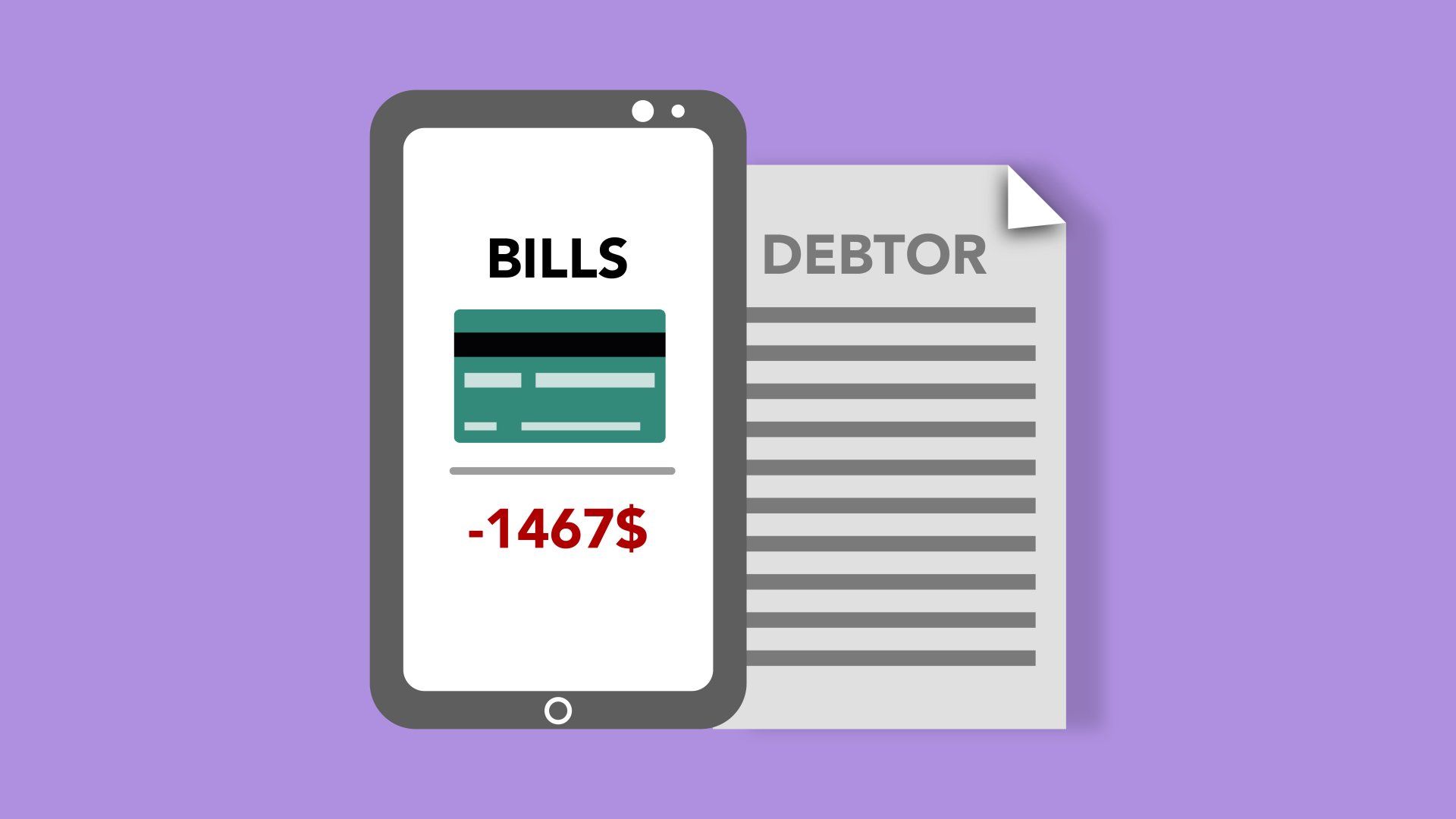Understand the Importance of Credit.
They are created by credit bureaus which collect data from various sources such as lenders, creditors, and public records.
The Video Of Understand the Importance of Credit.

Understanding credit reports and taking steps to maintain a positive credit history is essential for maintaining financial well-being. In this article, we will delve into the importance of credit reports and provide tips on how to manage them effectively.
Credit reports are detailed records that contain information about an individual's credit history. These reports play a crucial role in determining a person's financial standing and can significantly impact their ability to access credit and financial opportunities. Understanding credit reports and taking steps to maintain a positive credit history is essential for maintaining financial well-being. In this article, we will delve into the importance of credit reports and provide tips on how to manage them effectively.
A credit report is a compilation of information collected by credit bureaus, which are agencies responsible for gathering and maintaining data on individuals' creditworthiness. This information is typically sourced from various lenders, creditors, and financial institutions. Lenders and other entities consult credit reports when making decisions about granting credit or extending financial services to individuals.
The information contained in a credit report includes personal details such as name, address, social security number, and employment history. It also includes a comprehensive listing of credit accounts, including credit cards, loans, mortgages, and other forms of credit. Each account entry includes details like the creditor's name, the account balance, the payment history, and any late or missed payments.
Additionally, credit reports also contain public records such as bankruptcies, tax liens, and court judgments. These records can significantly impact an individual's creditworthiness and remain on the report for several years.
It is crucial to regularly review your credit report for any discrepancies or errors. Mistakes on credit reports are not uncommon and can result in a lower credit score, leading to difficulties in obtaining credit or loans. To ensure the accuracy of your credit report, you should obtain free copies annually from each of the major credit bureaus: Equifax, Experian, and TransUnion.
When reviewing your credit report, pay close attention to the following:
1. Personal Information: Verify that all personal details are accurate and up to date. Any discrepancies could lead to confusion and potential identity theft risks.
2. Account Information: Review each account entry for accuracy. Ensure that all accounts listed are yours and that the payment history reflects your actual payment record. Any incorrect information should be reported to the credit bureaus for correction.
3. Credit Inquiries: Check for any unauthorized or unfamiliar inquiries on your report. Too many inquiries within a short period can negatively impact your credit score.
4. Negative Records: Take note of any negative records, such as late payments, defaults, or bankruptcies. These entries can significantly impact your creditworthiness.
To maintain a positive credit history, consider the following tips:
1. Pay Your Bills on Time: Ensure timely payments on all your credit obligations. Late or missed payments can remain on your credit report for up to seven years and can harm your credit score.
2. Keep Credit Utilization Low: Aim to keep your credit card balances below 30% of your available credit limit. High credit utilization can negatively impact your credit score.
3. Regularly Monitor Your Credit: Stay vigilant and regularly monitor your credit report for any changes or unauthorized activities. This will enable you to address any issues promptly.
4. Limit Credit Applications: Avoid making multiple credit applications within a short period. Each application can result in a hard inquiry on your credit report, which can lower your credit score.
In conclusion, credit reports provide a comprehensive overview of an individual's credit history and financial responsibility. By understanding and managing your credit report effectively, you can improve your creditworthiness, access better financial opportunities, and maintain a solid financial foundation. Regularly reviewing your credit report, identifying and addressing any errors, and practicing good credit habits are essential steps towards achieving a healthy credit profile.









